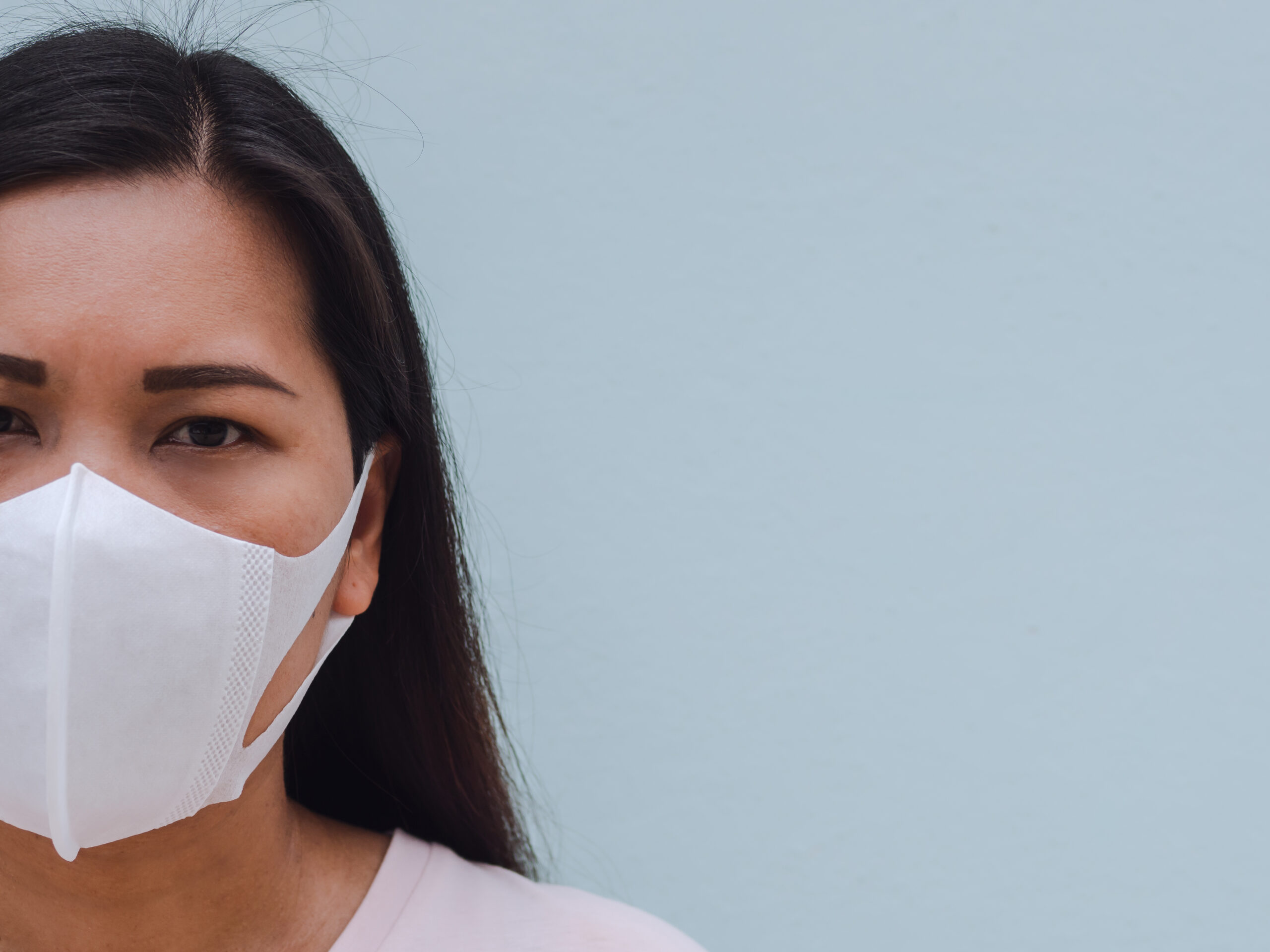Last Updated on 2023-05-05 , 4:10 pm
43 food establishments in Singapore have been warned by the Singapore Food Agency (SFA) during their second round of targeted operations for non-compliance towards their mask and spit guard wearing requirements for food safety.
Following their targeted operations from 26 to 30 September 2022, SFA conducted another operation from 29 March to 14 April 2023, primarily focusing on premises that received high public feedback.
A total of 451 food establishments, including restaurants, food stalls in hawker centres, and food fairs were inspected.
Food Handlers Required to Wear Masks
According to their Facebook post, the SFA has required all food handlers to wear masks or other forms of physical barriers since April 2020.
During the second round of inspections they conducted between March and April 2023, most food handlers were found to be compliant with the mask and spit guard requirements.
However, 43 food establishment licensees were issued written warnings for their first offence of failing to ensure compliance among their personnel.

According to the SFA, personnel involved in ingredient preparation, cooking, food packing, plating, and drink preparation must wear masks or spit guards.
This applies to various retail food establishments such as restaurants, takeaways, caterers, food shops, street hawkers, food stalls in hawker centers, coffee shops, canteens, food courts, and temporary fairs.
Additionally, the rule applies to market stalls, produce shops, and supermarkets where cooked or ready-to-eat food is handled, such as in sushi, roast meat, and deli counters.
The exact requirement also applies to personnel in non-retail food establishments such as food manufacturers, central kitchens, meat, fish, and egg processing establishments, and slaughterhouses.
Wearing of Masks Essential to Prevent Food Contamination
Despite the government removing many COVID-19 measures since February 2023, the SFA has emphasised that food handlers are still required to wear masks.
This is because masks and spit guards act as a protective measure against food contamination, which can occur when food handlers cough or sneeze during food preparation and handling.
According to reports, food allergens can be passed through the saliva of people and pets. Bacteria transmitted through saliva can result in possible allergic reactions once an individual consumes the contaminated food.
As such, the SFA has stressed that masks and spit guards should adequately cover the mouth and nose of the food handlers.
Face shields are not considered effective alternatives as they have a large gap at the bottom, which can potentially cause food contamination.

Instead, spit guards and masks are considered effective physical barriers in preventing the spread of germs through respiratory or oral means.
Unlike face shields, they have impermeable plastic shields that cover the mouth and nose, preventing food contamination from coughing or sneezing.
Lax Hygiene Standards May Result in Food Poisoning
Maintaining proper hygiene standards is crucial for businesses handling food as food contamination is a common food hazard that can result in serious consequences.
Contamination occurs when foreign substances enter food, making it unsafe for consumption.
Consumption of contaminated food can lead to food-borne illnesses such as food poisoning, which can cause symptoms such as vomiting and diarrhea.
In March 2023, the SFA downgraded the hygiene certifications of the Spize outlets at Simpang Bedok after multiple customers suffered from food poisoning.
Additionally, in November 2022, catering firm Rasel Catering Singapore had its business suspended after causing over 300 reported cases of food poisoning among customers who had consumed their meals.
Many of these cases resulted in individuals seeking outpatient treatment, self-medicating, or recovering without treatment.
Biological Contamination a Common Food Safety Hazard
Among the various hazards that can lead to food contamination, biological contamination is one of the main ones.
This occurs when living organisms or the substances they produce contaminate food, including those produced by humans through actions like sneezing and coughing.
This type of contamination is responsible for producing Pathogens, disease-causing microorganisms that can multiply to unsafe levels in food before being consumed.
As a result, this can cause humans to contract food-borne illnesses such as food poisoning and cause food spoilage and food waste.
Therefore, to minimise the risk of food contamination in food businesses in Singapore, the SFA has established multiple guidelines for maintaining overall hygiene standards.
In addition to the requirement of mask-wearing, food handlers are expected to wear clean attire and enforcement action may be taken if they are seen wearing dirty clothing.
Disposable masks must be changed when they become moist, soiled, or damaged, and should be used once and promptly disposed of.
Meanwhile, food handlers using reusable cloth masks or spit guard masks are advised to wash them thoroughly with soap and water regularly and dry them before re-use.
Moreover, hand hygiene such as washing hands with soap and water or using alcohol-based sanitisers must be observed after removing or changing masks.
Consequences for Flouting Food Safety Rules
SFA has warned that repeated failure to comply with the mask and spit guard requirements could lead to stiffer enforcement action being taken against the food establishments.
They believe that it is the responsibility of the establishments to implement effective systems and monitoring to ensure their food handlers comply with these requirements
They stated that only staff involved in serving food, delivering packed food, cleaning, stocking and storing pre-packed goods, collecting consumer payments, and selling raw or non-Ready-to-Eat market produce would be exempted from this rule.
Licenced food businesses found to be in violation of conditions under the Environmental Public Health Act (Section 99), the Sale of Food Act (Section 46), or the Wholesome Meat and Fish Act (Section 12) may face a fine of up to $10,000, imprisonment for up to 12 months, license suspension or cancellation, or a combination of these penalties.




